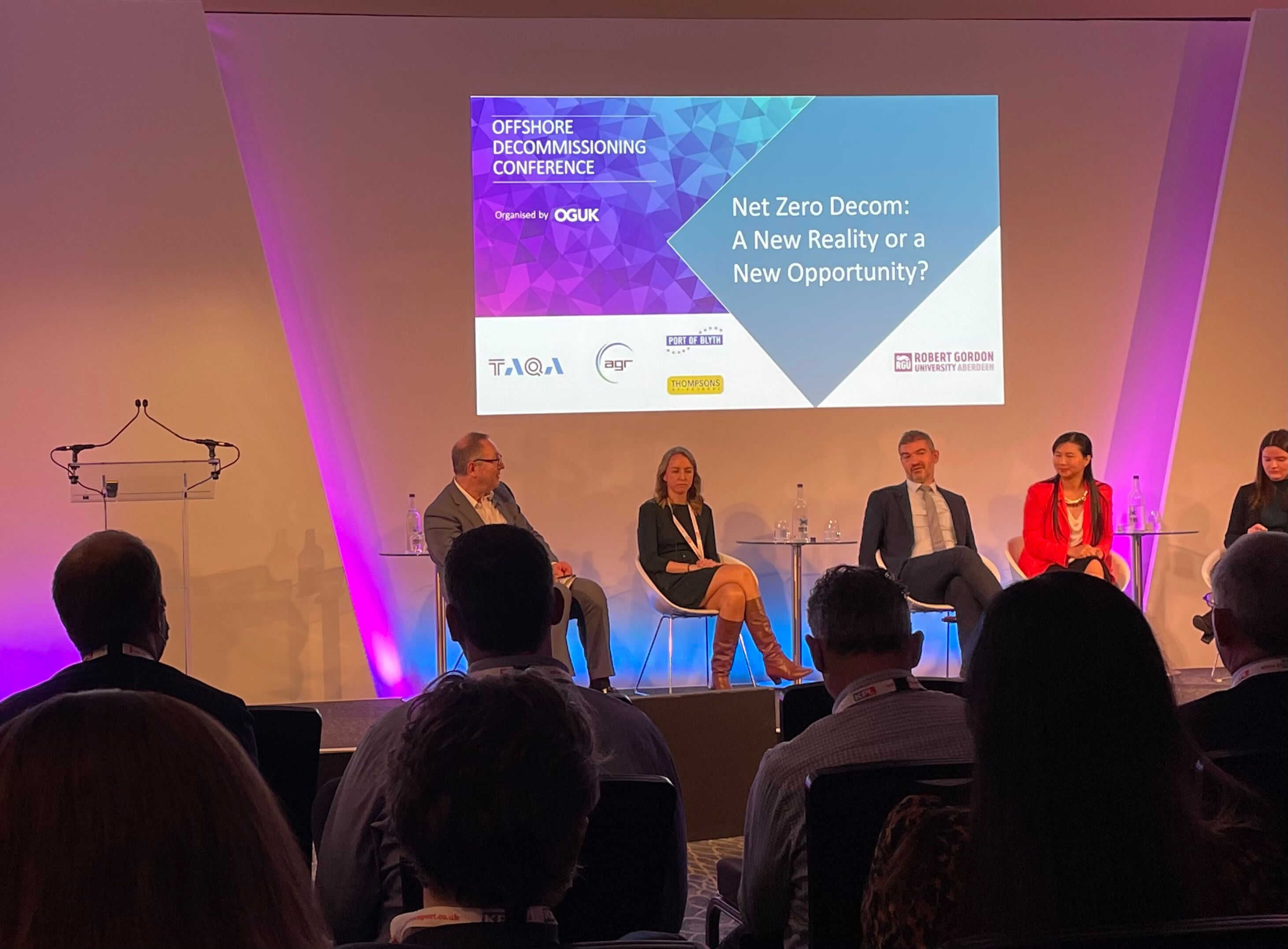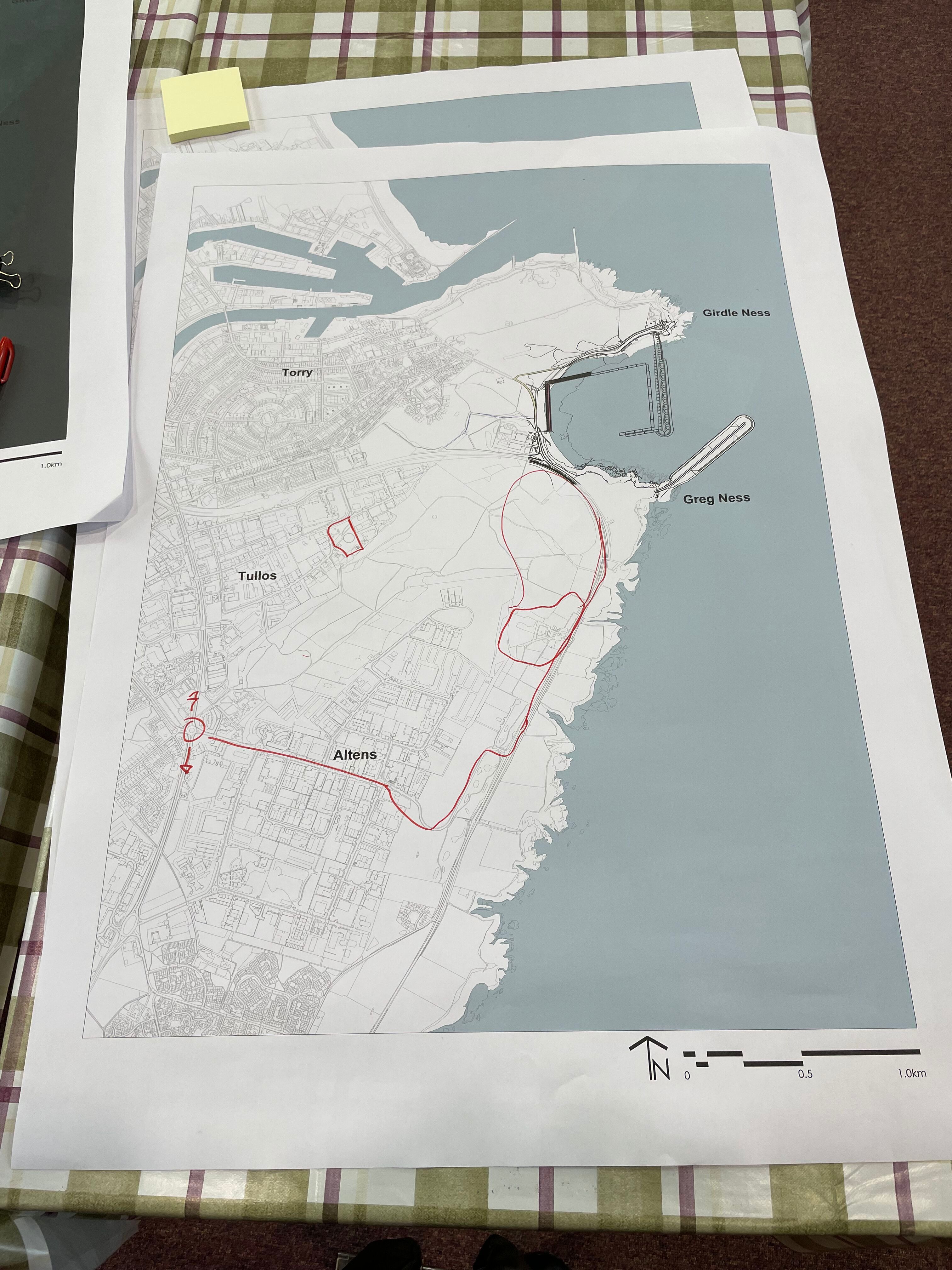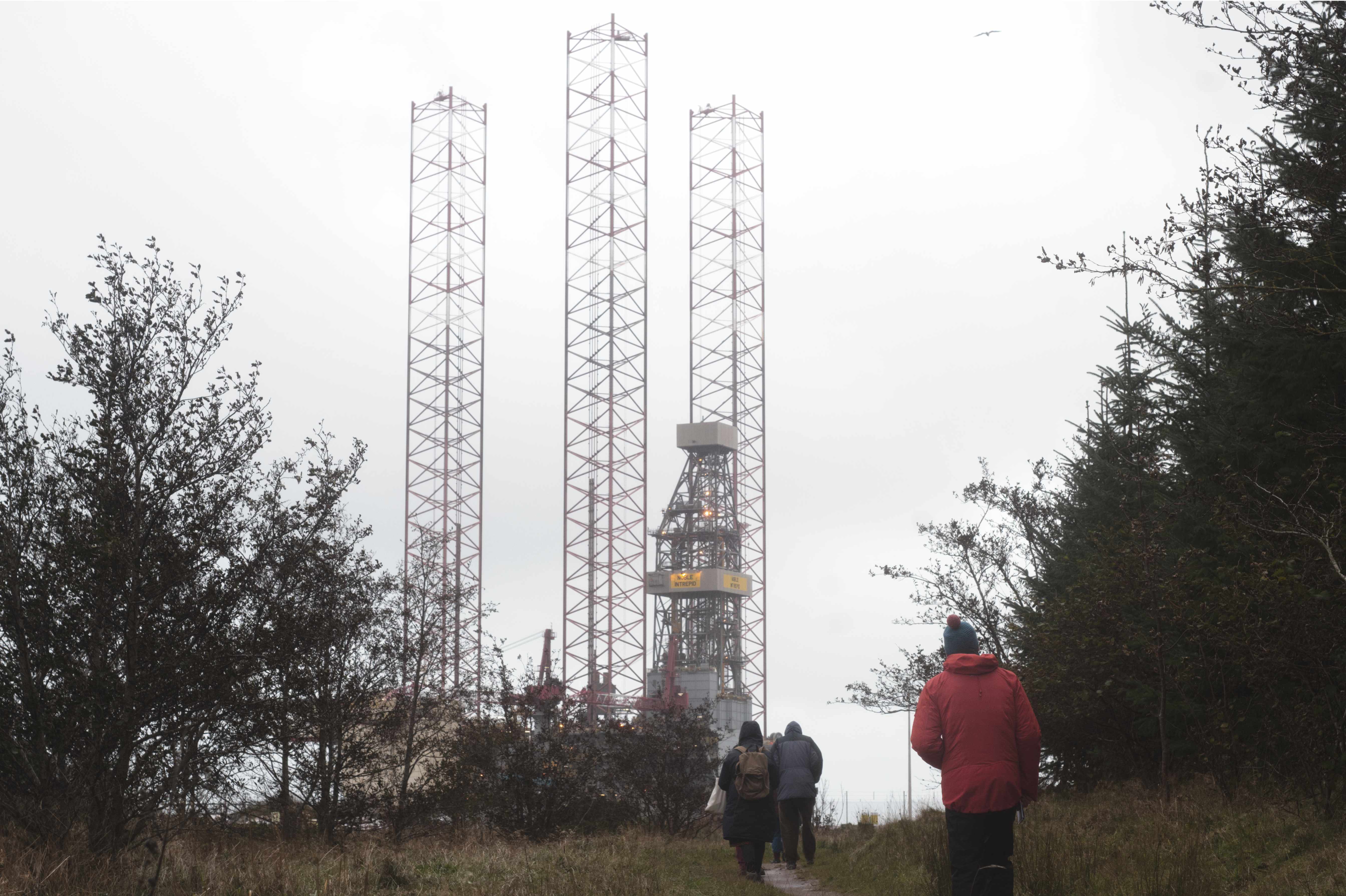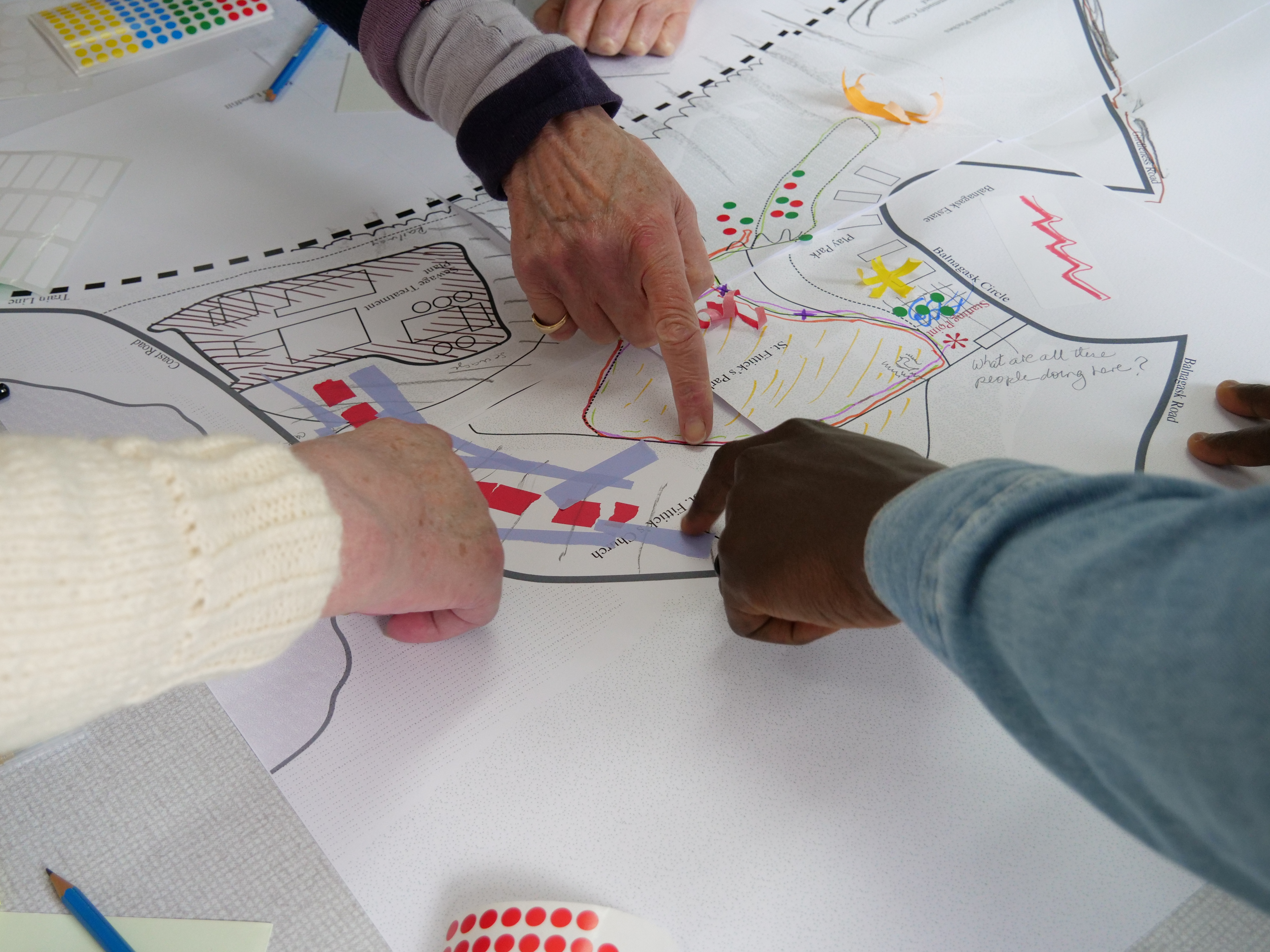Dr Gisa Weszkalnys
A Doubtful Hope: Oil, Time, and Ethnography in Atlantic Africa.
In São Tomé and Príncipe, recent aspirations for oil wealth offer compelling insight into the ways resource imaginaries shape material and social landscapes, even in the absence of commercial extraction. The research examines the entangled processes of oil exploration, postcolonial governance, and the legacies of a plantation economy. Here, speculative practices mobilise a notion of resource potentiality in ways that both stabilise uncertainty and reveal the contingent and contested nature of resource production. Challenging deterministic accounts of the “resource curse”, the research highlights the anticipatory politics of hydrocarbon exploration, where the promise of material betterment and transformation is entwined with historical fears of failure and abandonment. This affective horizon of doubtful hope also underscores how resource politics increasingly revolve around the management of emotional dissonances, positioning hope, greed, and suspicion as a set of racialised affective liabilities, which become focal points for intervention by corporate, governmental, and non-governmental actors. 


Fraying ties? Networks, territory and transformation in the UK oil sector
In the context of climate change, shifting global demands for oil and gas, and the urgent push for a low-carbon transition, the UK oil and gas industry stands at a critical juncture. As Co-Investigator on this ESRC-funded interdisciplinary project (ES/S011080/1), Dr Weszkalnys has examined the complex issue of how to phase down oil and gas production in a just and equitable way. This research, in collaboration with Prof. Gavin Bridge (Durham University), underscores the pressing need to rethink the role of the UK oil and gas regulator and raises profound questions about the future of the North Sea and its capacity to sustain collective well-being.
A complementary strand of this research, in collaboration with Dr William Otchere-Darko (Newcastle University), interrogates Aberdeen’s ambition to redefine itself from a European hub for the oil and gas industry to a post-carbon city. Focusing on the contested development of St. Fittick’s Park—an important biodiversity space on Aberdeen’s southern edge—this research highlights the complexities of energy transition. The proposal to transform part of the park into an ‘Energy Transition Zone’ reveals tensions between ecological preservation, community well-being, and corporate-driven narratives of progress. The research challenges assumptions of inevitability and commonality often underlying energy transition efforts. Instead, it sheds light on the fraught temporalities, epistemic inequities, and power dynamics shaping such projects. By foregrounding the perspectives of local campaigners, it explores alternative approaches that prioritize care, equity, and justice, offering a fresh perspective on how energy transitions might be reimagined for the public good.
The results of these specific studies and the larger research project are discussed in the 4-part podcast series Tides of Transformation.



Living with Energy Transition
Living with Energy Transition is a creative collaboration between anthropologist Gisa Weszkalnys, artist Maja Zećo, curator Rachel Grant, and urbanist William Otchere-Darko. Through soundwalks led by Maja Zećo, the project encouraged forms of attentive listening and explored how sound travels through, occupies, and encloses space, focusing on St. Fittick’s Park, an important biodiversity space on the southern edge of Aberdeen, now partially earmarked for development as an ‘Energy Transition Zone’. Participants engaged in an ‘undisciplined’ intervention walking, generating, and absorbing sound to reimagine the park—and sound—as a matter of social and political importance.

